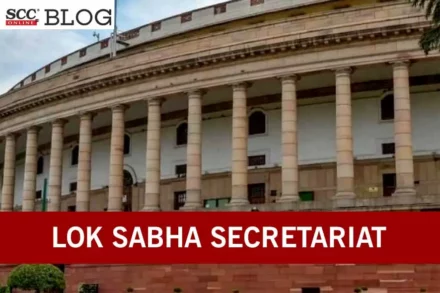
Lok Sabha disqualifies Afzal Ansari from Lok Sabha membership post conviction
On 1-5-2023, the Lok Sabha Secretariat disqualified Afzal Ansari, representing the Ghazipur Parliamentary Constituency of Uttar Pradesh, from membership of Lok Sabha

On 1-5-2023, the Lok Sabha Secretariat disqualified Afzal Ansari, representing the Ghazipur Parliamentary Constituency of Uttar Pradesh, from membership of Lok Sabha
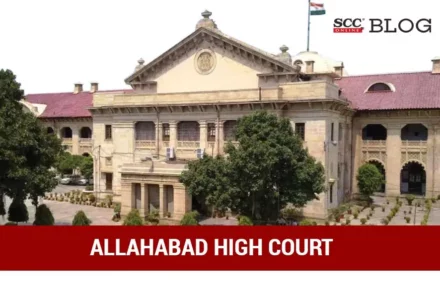
Allahabad High Court said that the FIR has been lodged by the grandmother of the accused and she is not an eyewitness. The other witnesses are also not the eyewitnesses in the instant matter and only on hearsay basis, the bail of the accused has been rejected.
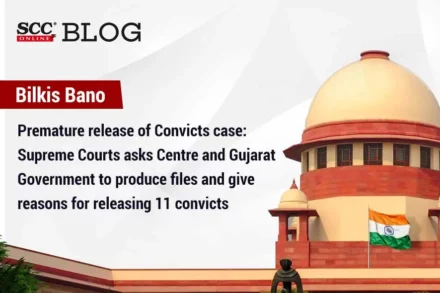
The Supreme Court asked the Gujarat Government reasons behind its decision to grant remission to the 11 life convicts, who were convicted for raping Bilkis Bano and murdering her family members
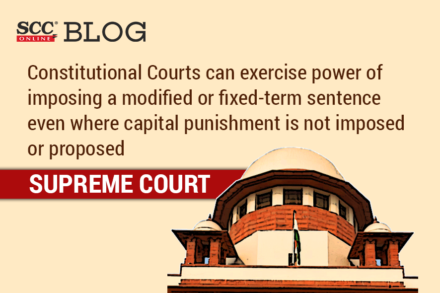
To identify whether the case of an accused under S. 302, IPC falls in the category of ‘rarest of the rare’ case, for the purpose of modification of sentence, it is no consideration by itself that the accused is a first-time offender and has no antecedents.
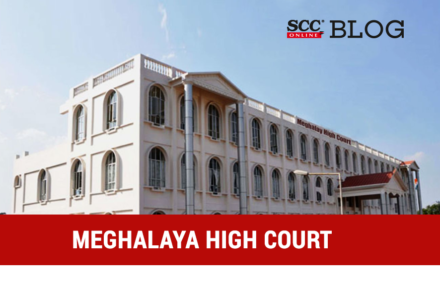
Meghalaya High Court said that there is no limitation on the powers of the Governor in conferring a part of the authority pertaining to the Penal Code or some special law, to a particular Court or officer appointed in that behalf.
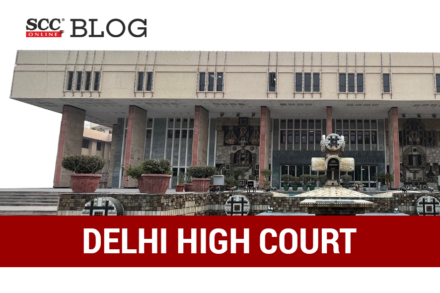
The Delhi HIgh Court opined that eyewitness running away and hiding at the time of firing and then coming for the rescue of the deceased is not unnatural as self-preservation is the first instinct of a human being.

The Delhi High Court upheld the Trial Court’s decision of awarding life imprisonment to a man convicted for murdering his wife and assaulting his daughter.
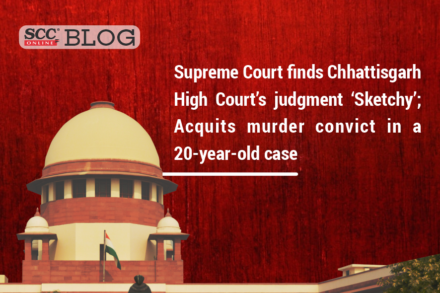
Supreme Court said that the cherished principles or golden threads of proof beyond reasonable doubt which runs through the web of our law should not be stretched morbidly which was done by the Courts below.
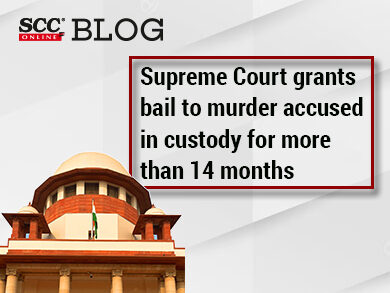
In a case of Cross FIRs relating to murder and attempt to murder, the Supreme Court has granted bail to the main accused in the murder case
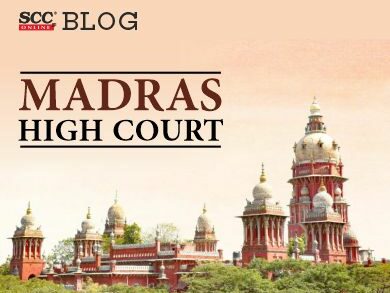
In petitions challenging the premature release of 13 life convicts by the State Government, the Madras High Court held that there is no reason to infer that the State has failed to consider relevant materials or passed the order of premature release for extraneous considerations.
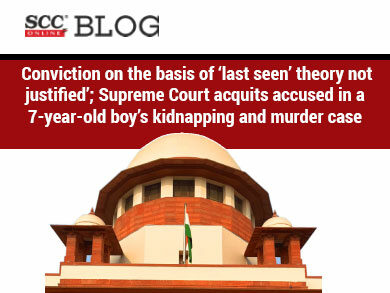
The Supreme Court was of the view that the basic principle of criminal jurisprudence is that in circumstantial evidence cases, the prosecution is obliged to prove each circumstance, as well the as the links between all circumstances, beyond reasonable doubt. Such circumstances, taken cumulatively, should form a chain so complete that there is no escape from the conclusion that within all human probability, the crime was committed by the accused and the same should unerringly point towards the guilt of the accused.
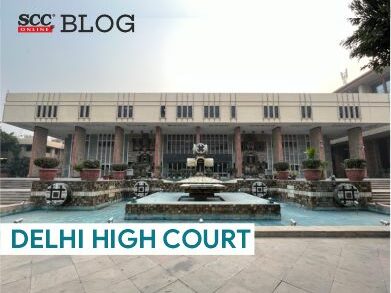
Based on the weapon used for inflicting injuries to the deceased was a very heavy danda with nodes therein, the Trial Court has convicted the appellant for offence punishable under Section 302 IPC. However, it failed to appreciate the fact that the alleged offence was not committed by pre-meditation.
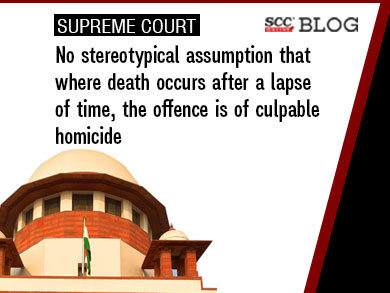
The Supreme Court upheld the conviction order passed by Chhattisgarh High Court, and further held that a lapse of time in death would not per se constitute a determinative factor as to diminish the offender’s liability from the offence of murder to that of culpable homicide, not amounting to murder.
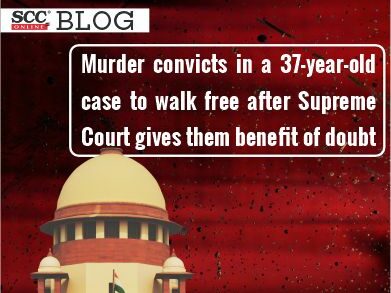
Supreme Court held that the charge that the convicts had committed murder was not proved beyond reasonable doubt; hence, they were and are entitled to the benefit of doubt. Thus, it set aside the Trial Court and Allahabad High Court's judgment and order and acquitted the convicts.

Madras High Court while dealing with the question that whether the mother had the intention to commit the murder of her daughter, set aside the conviction and sentence of the convict for the offence under Section 302 IPC and convicted her for offence under Section 304(1) IPC and sentenced to undergo 10 years rigorous imprisonment
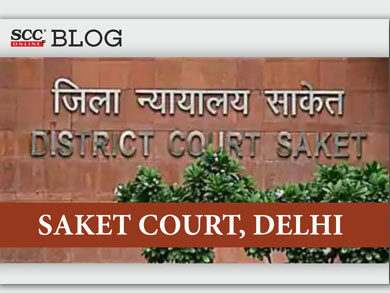
Saket Court, Delhi released an accused charged for conspiracy and murder and the Court held that mere call detail records were not sufficient to proceed against the accused.
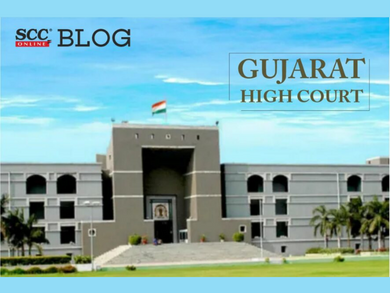
Gujarat High Court while deciding the bail application strikes the balance between personal liberty of accused and seriousness of offences committed.
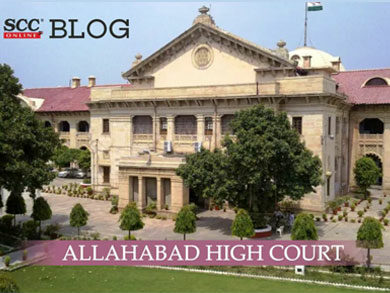
Allahabad High Court observed that Section 201 IPC looks upon a person giving false information with intent to screen an offender as an accessory after the fact and makes him culpable as an offender committing an offence against public justice. It partly allowed the appeal against conviction under Section 201 IPC, but upheld the conviction for murder.

“It is not the duty of the police officers to kill the accused merely because he/she is a dreaded criminal. Undoubtedly, the police must arrest the accused and put them up for trial”.
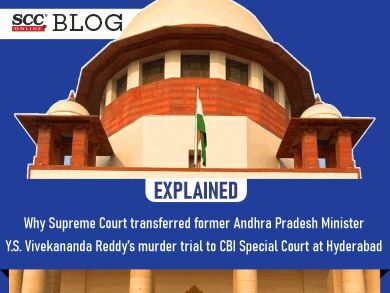
Supreme Court observed that the principles of Administration of Justice states that justice should not only be done but it should be seen to be done and free and fair trial is sine qua non of Article 21 of the Constitution.